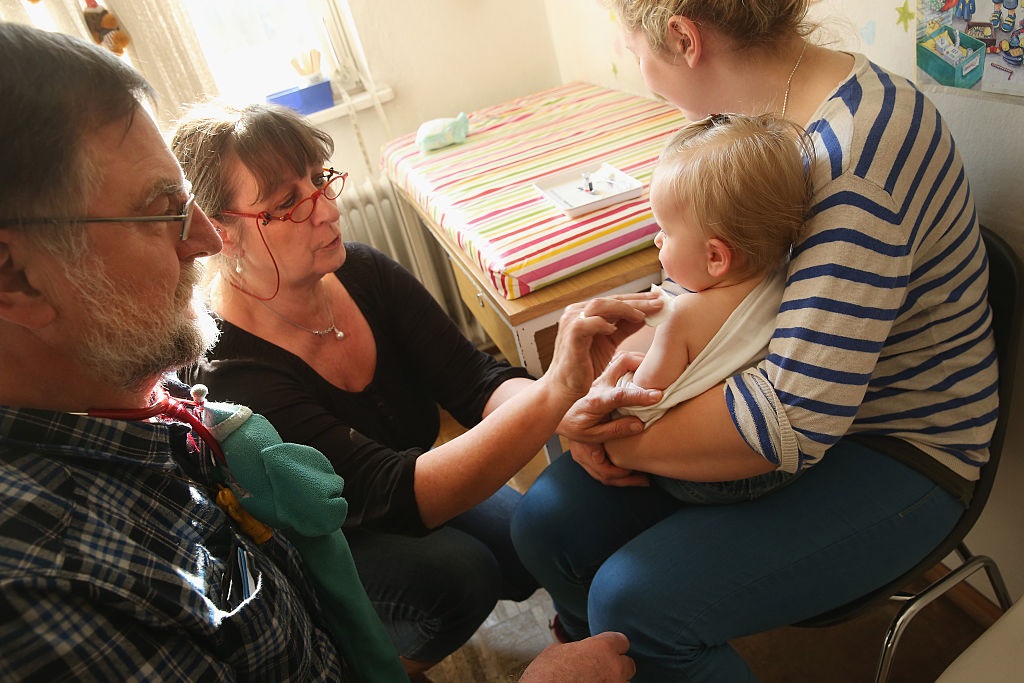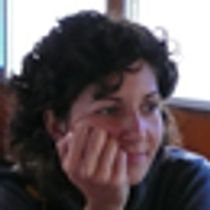There are some people whose disease is nameless and unknown to doctors. These are the so-called rare diseases, which affect today about 27-36 million Europeans, often children.
This year, Riva del Garda (Trento) has hosted the XIX Scientific Telethon Convention putting together Italian and international experts from around the world working in the field of rare diseases. The UDP program (undiagnosed pathologies) stood out as a great example of coordination to improve the current research in the field. Led by doctor William Gahl – National Human Genome Research Institute in the US – it receives applications from the whole country. Patients receive a diagnosis and a cure for their disease in exchange of their data to the centre of research.
In particular, after their application, the single cases are assessed over a period of 8-12 weeks. Between 25-30% of cases are solved with a diagnosis and patients are hospitalised for one week in order to closely observe them. Also, the family members are checked to identify any possible links with the disease. The percentage of solved cases through the diagnosis and the cure varies from 25% to 50%.
The data acquired are then exchanged at the global level. When there are 2, 3 or 5 cases in the world of a single pathology, data exchange becomes essential. “Sharing information with another professional around the world can be the first step towards the resolution of a case”, doctor Gahl highlighted during an Interview with the Italian daily La Stampa.
The UDP program has extended to another world network – the Undiagnosed Diseases Network (UDN) – which collaborates with Italy as well. The Bel Paese has also launched a program against undiagnosed diseases in April 2016. The main partners are the Telethon Institution of Genetics and Medicine TIGEM (Pozzuoli), the University Hospital Company “Federico II” (Naples) and the “Bambino Gesù” (Rome). Patients affected by rare diseases are firstly assessed by one of the partners and then the selected cases are discussed by all the partners of Telethon UDP.
Hopefully, there will soon be a universal database where data will be accessible to all research institutions and research results will be outstanding.
Follow @castaritaHK

